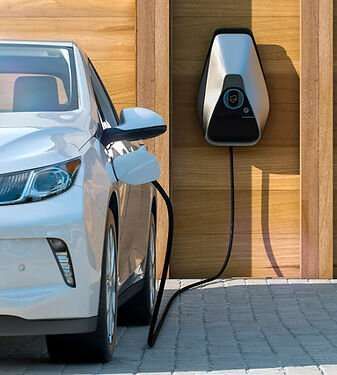Electric Car Charging Stations Near Me: 7 Easy Ways to Find Them Fast
1. introduction to electric car charging stations near me electric vehicles are becoming more common on indian roads every single year. from small electric hatchbacks to premium electric suvs, more people are switching to evs because of lower running cost and environmental benefits. but one question that almost every new ev owner searches daily is electric car charging stations near me. this search is important because unlike petrol cars, evs need planning. you cannot just stop at any corner and refill. you need to know where chargers are located, which ones are working, how fast they charge, and how much they cost. that’s why the keyword electric car charging stations near me has become one of the most searched terms among ev users in india. earlier, charging stations were very limited and only found in metro cities. but now the situation is changing fast. charging points are coming up in malls, offices, hotels, highways, residential areas and even small towns. government support and private companies are pushing hard to expand the network. this guide is written specially for indian ev owners who want a clear and honest understanding of how to find, use and choose the right electric car charging stations near me without confusion or stress. 2. types of electric car charging stations available when you search electric car charging stations near me, you will notice that not all stations are same. they differ based on speed, power and purpose. knowing the types helps you choose the right one. slow charging stations (AC slow chargers) these are the most basic charging stations and are usually found in: slow chargers usually have power between 3.3 kW to 7.4 kW. features many people prefer slow chargers because they are simple and reliable. if you mostly drive inside city, slow charging works perfectly. fast charging stations (AC fast chargers) these chargers are faster than normal home chargers and are commonly installed at: power range is usually 11 kW to 22 kW. features when you search electric car charging stations near me in urban areas, you’ll often find these chargers. DC fast charging stations these are the fastest chargers and mostly used on highways or busy locations. features dc fast chargers are lifesavers during road trips. even though they are costly, they reduce waiting time a lot. 3. how to find electric car charging stations near me this is the most important part for any ev owner. finding nearby charging points has become much easier now compared to few years ago. using google maps the easiest way is google maps. just type“electric car charging stations near me” google maps will show: you can even start navigation directly. this method works well in most indian cities. using charging apps there are many apps that help you find electric car charging stations near me with more details. popular apps include: these apps show: apps are very useful because they reduce chances of reaching a broken or occupied charger. vehicle brand apps many car brands provide their own apps that list compatible charging stations. for example: these apps show chargers tested for your car model, which reduces compatibility issues. local knowledge sometimes local shopkeepers, hotel staff or parking attendants know nearby chargers better than apps. especially in small towns, asking locals helps. 4. cost and charging time at nearby stations after finding electric car charging stations near me, the next concern is cost and time. charging cost charging cost depends on charger type. for example, a 40 kWh battery: still cheaper than petrol. charging time charging time depends on: approx times: when you search electric car charging stations near me, always check charger speed so you don’t waste time. extra charges some stations apply: apps usually show these details in advance. 5. tips to choose the right charging station nearby not every nearby charger is the best option. here are some smart tips. check connector compatibility always confirm connector type (type 2 or CCS2). wrong connector wastes time. check availability a charger may be nearby but occupied. apps help avoid this problem. prefer safe and well-lit areas especially at night, choose chargers in malls, hotels or petrol pumps. avoid last-minute charging don’t wait till battery reaches 0%. always keep some buffer. plan long trips in advance for highway drives, plan stops where multiple chargers are available. following these tips makes using electric car charging stations near me stress-free. 6. future expansion of charging stations in india the future of charging infrastructure in india looks very positive. government and private players are investing heavily. government plans india aims to install thousands of chargers under national ev policies. highways, smart cities and public parking are key focus areas. new technologies future charging stations may include: better coverage soon, searching electric car charging stations near me will give results even in villages and highways. reduced anxiety as network grows, range anxiety will slowly disappear and ev adoption will rise faster. final thoughts owning an electric car in india is becoming easier every year. knowing how to find and use electric car charging stations near me is the key to confident ev driving. with apps, maps and growing infrastructure, charging is no longer a big challenge. this guide helps you understand types, costs, finding methods and smart tips. once you get used to charging routine, driving an ev feels simple and peaceful. 7. real life experience of using electric car charging stations near me many new ev owners feel nervous during first few weeks of ownership. they keep checking battery percentage again and again and often search electric car charging stations near me even when battery is still half full. this is totally normal and happens with almost everyone. after some time, people understand their car range better and charging becomes part of daily routine. for example, city users usually charge once every 3–4 days at home or nearby public station. highway users plan charging stops just like food or rest breaks. most ev owners say that after first



